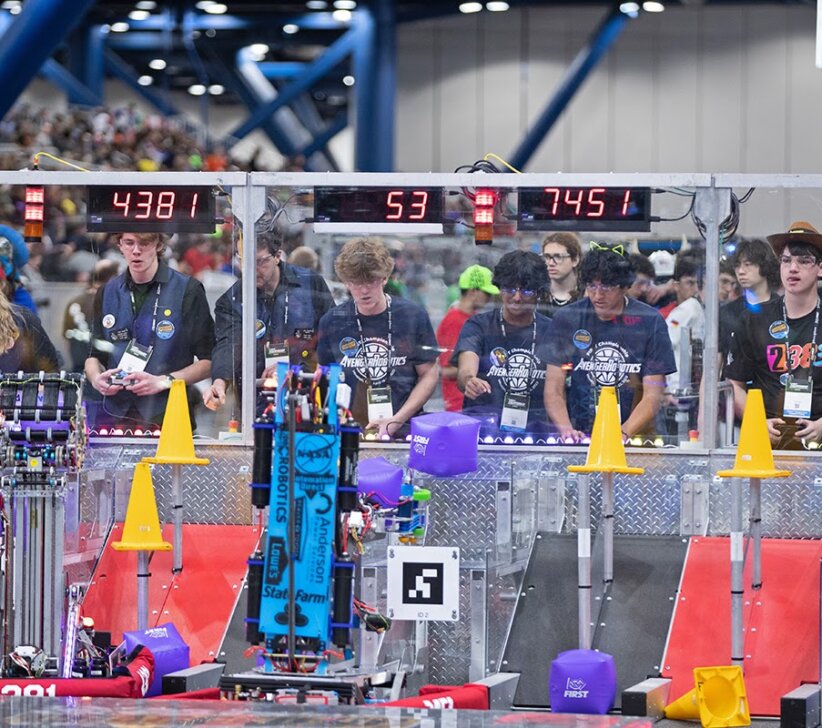In Westchester, it may seem as though everyone is using a tutor to help their child either catch up, or get a leg up on the rest of the class. Tutors abound for students from pre-K to high school, but some wonder if they are worth the time and money?
Learning Should Be Fun
Educators and parents agree that the answer to this question depends on many factors, most importantly the tutor-student relationship. Even in the best private schools, class size may make it impossible for a teacher to give your child the individual attention that a tutor provides. And remember, a good tutor should make learning fun.
You’ve found a great tutor when your child starts asking, “Why don’t they teach it this way in school?” Dan Ladden, co- owner of Pleasantville Prep/Armonk Prep, who works mostly with middle and high schoolers explains, “The best thing you can do for your child when seeking a tutor is to find someone who is warm, supportive and makes your child feel comfortable. School, sports and other extracurricular activities may be stressful, but tutoring should be just the opposite.” He points out that an effective tutor makes your child the center of attention and acknowledges important academic achievements that might go overlooked in the classroom.
How Can Tutoring Help?
Before hiring a tutor, parents might wish to examine how they see it helping their child. A good tutor can help a child with specific skills, without undermining his or her confidence in problem-solving. One mom says, “Tutors can be great when a child asks for one, but can be a crutch when given to a child who starts to not believe in his abilities because you force one on him.”
Confidence plays a big role in students’ academic success. As Greg Caruso, Executive Director, Sylvan Learning of White Plains and Bronxville puts it, “You’re never going to get very good at anything unless you enjoy it when you’re not so good at it.” Caruso says the advantage of a tutor is an individualized plan that boosts confidence so that students can find the persistence to practice and improve.
And Bina Srinivasan, a Kumon educator in Port Chester concurs. To any who might consider preschool too early for tutoring, she explains, “Starting Kumon early not only gets a child ready for school, it also lays the groundwork for advanced studies later on. Just as importantly, it fosters confidence, self-esteem and a love of learning that can last a lifetime.” At Kumon, they teach academics, and also how to become better students. “We teach students how to become independent thinkers.” Srinivasan describes the active engagement of her students, “They are learning by doing and not by watching.”
When to Start
If your child was struggling in school last year, now may be the perfect time to begin tutoring. Beverly Collins, Senior Vice President at Huntington Learning Center, says many parents wait, hoping that the new year, teacher and/or class will make things different. “Chances are if the child was struggling the year before, he doesn’t have the skills he needs to thrive.” She advises parents to keep an eye on what happens and assess whether your child can complete homework assignments. “You may have to set up the time and place, but he or she should be able to do it independently.”
When Tutoring Can Help
Academic struggles stem from many different places. Marcia Royce, director/owner of the Key Institute in Cortlandt Manor, says, “A teacher who knows her stuff can tell right away what’s up.” Based on her 30+ years of experience, Royce emphasizes that any child can be helped. She mentions a student who was brought to her many years ago, diagnosed as “uneducable” by her public school; this same student went on to graduate from SUNY Buffalo with a Master’s degree in social work!
It’s not just the remedial student who might benefit from extra help. “Tutoring isn’t only for students who are having difficulty; it could be used as a tool to challenge students who are excelling in their grade,” says Erminia Errante, Center Director at Eye Level Learning Center in Scarsdale. “From my experience, students tend to get bored and annoyed with school if it is too easy or if it is too difficult.”
While a subject-specific home tutor can work for some situations, in many cases, the problem is more general. Collins notes, “It often makes sense to get a full academic evaluation. If a child struggles with social studies, it could be because he is bad at remembering dates, or it could be a deeper reading comprehension issue.” A full service company can offer expertise that covers the spectrum of grade-levels and subjects, and help to get to the root of the problem. Collins and other tutors agree, “The majority of the time, problems arise because kids are not getting the basics.”
Not everyone can afford $20 to $350 per hour for a professional tutor. Encourage your child to take advantage of extra help their classroom teachers offer. Many schools also offer peer tutoring programs. Plenty of research demonstrates these can not only enhance student motivation and enrich learning on both sides of the relationship, but also aid in the development of social skills for both tutor and the tutee.
The most successful peer programs include extensive training for volunteers, structure and consistency in meetings, and communication with classroom teachers on progress and goals. The Khan Academy (khanacademy.org) also offers online educational videos on a variety of topics, including the new SAT, from kindergarten- level up to Calculus BC.
In the End
Tutoring can be a useful adjunct to the school curriculum. “Sometimes, there just aren’t enough opportunities within the classroom to give that kind of individualized support – time constraints, large class sizes, etc.,” says Stephanie Phillipson, who has experience from all sides – as an English teacher, parent and tutor. It is not without its difficulties, however. She points out that, “The problem teachers often encounter is tutors doing the work of the child for them in order for the child to get a good grade.”
Parents should remember that, at any age, the most important goal of any teaching is to help the child to learn. Tutoring – done the right way – can hone skills, increase confidence, boost grades and set a child up for future success. Errante proudly reports, “Seeing a student’s face when they finally understand something they thought was impossible shows me every day how much tutoring works.”
Elisa Bremner, MS RD, is a freelance writer, mother of two teenage boys and Nutritionist at the Pleasantville Cottage Schools.
5 TIPS FOR FINDING THE RIGHT TUTOR
1. Examine your child’s struggles and goals. Be as specific as possible so that you can seek targeted instruction.
2. Consider budget and time constraints. If you have limited funds, look into volunteer programs in your school/area.
3. Examine the tutor’s experience – particularly with the appropriate age group – and get references from people you trust.
4. Interview potential tutors with your child to determine if there is a rapport. Many tutoring centers offer a free assessment.
5. Attend tutoring sessions consistently, but not forever. A good tutor will move the child toward self-sufficiency.








